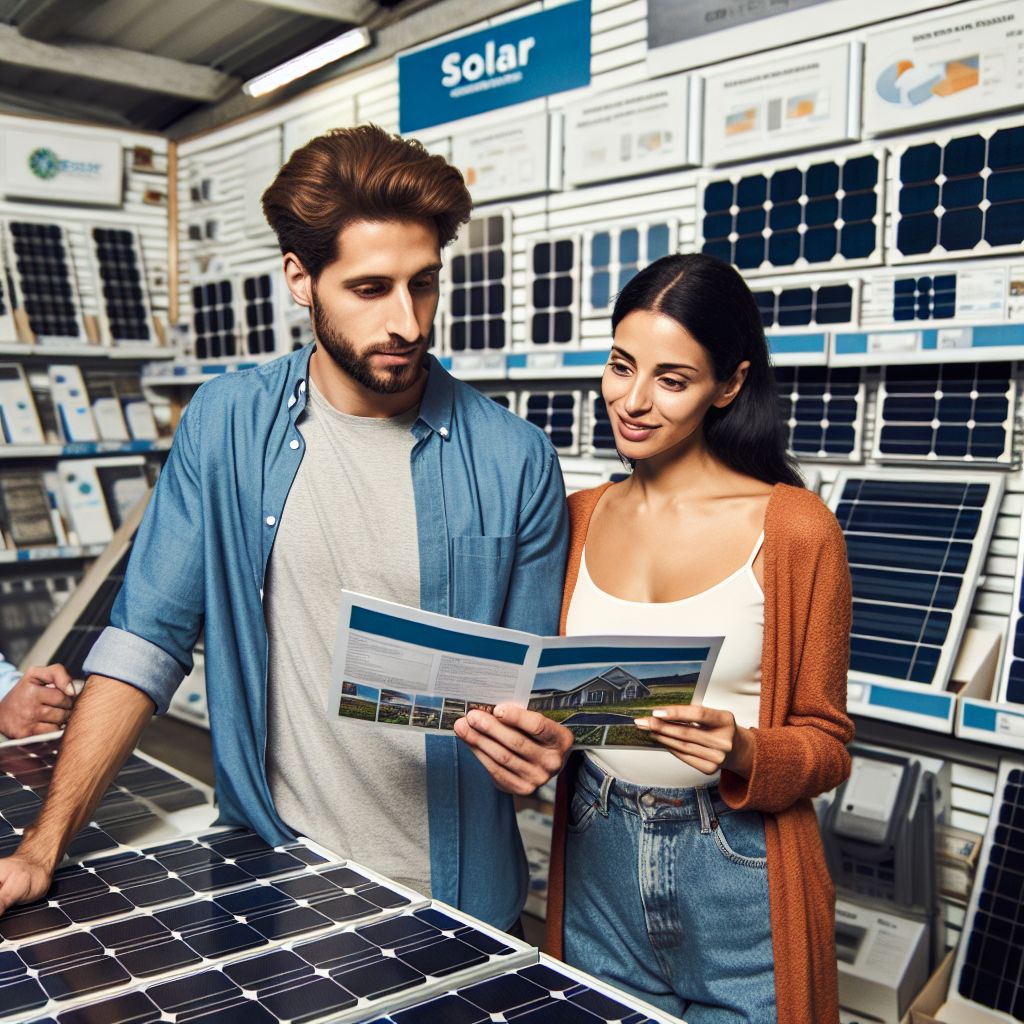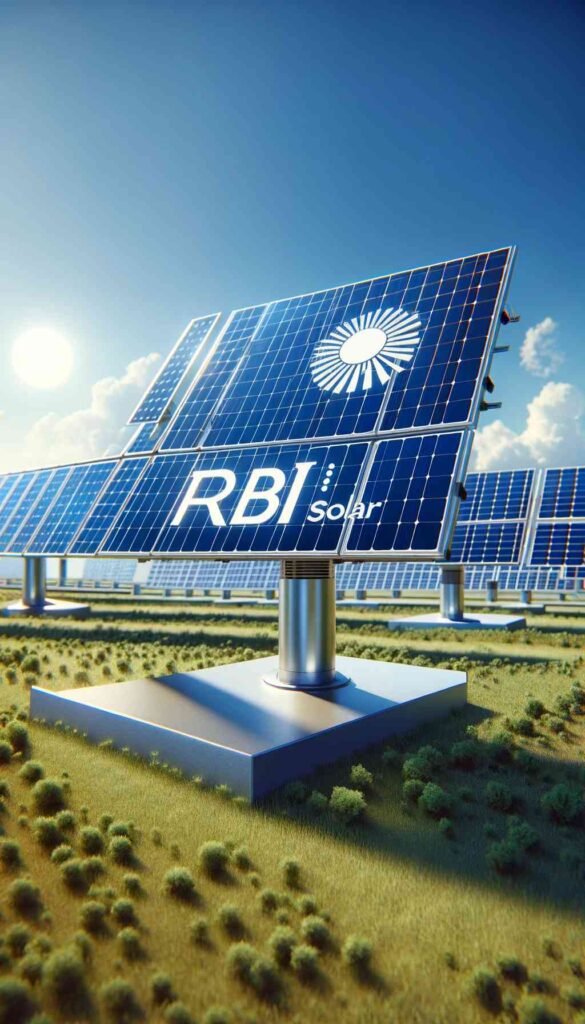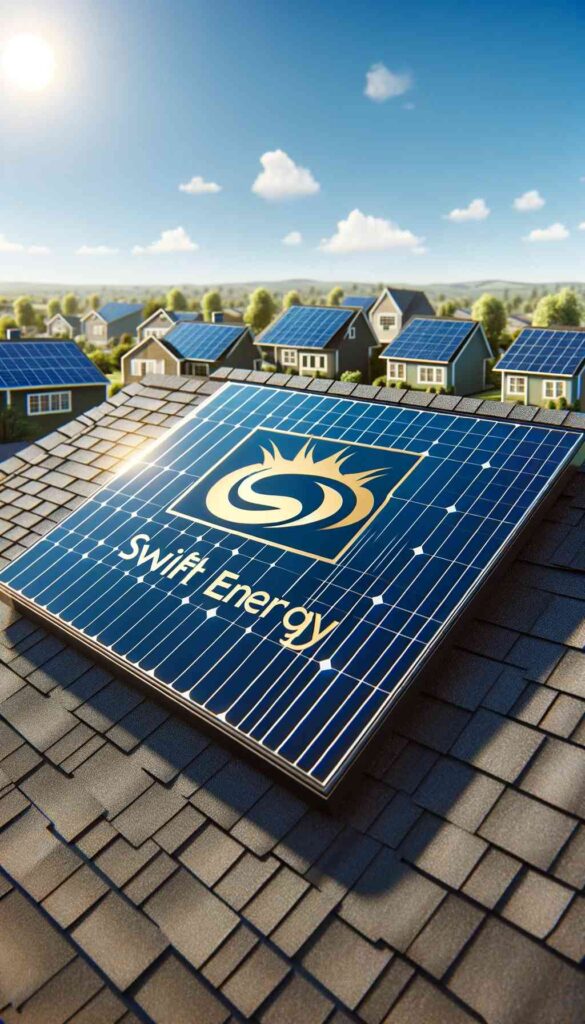
Key Takeaways
- Leasing solar panels can offer immediate savings with little to no upfront costs, but may limit financial benefits over time.
- Buying solar panels requires a larger initial investment but can lead to greater savings and increased property value in the long run.
- Government incentives, including tax credits, are available to those who buy solar panels, not to those who lease.
- Understanding your financial situation and how long you plan to stay in your home is essential to deciding between leasing and buying.
- Both leasing and buying solar panels contribute to environmental sustainability, but the best choice for your budget depends on individual circumstances.
The Big Decision: Solar Panel Leasing vs. Buying
When you’re looking to harness the power of the sun, one of the first decisions you’ll face is whether to lease or buy your solar panels. This choice can have a significant impact on your finances, both immediately and in the long term. Let’s dive in and shed some light on the pros and cons of each option, helping you make an informed decision that’s best for your budget and your home.
Immediate Benefits vs. Long-Term Savings
Leasing solar panels might seem attractive because it often comes with little to no upfront costs. This means you can start saving on your electricity bills right away without a hefty initial investment. However, like renting a home, you won’t own the solar panels, and your long-term savings could be less than if you bought them outright.
Ownership Implications
On the flip side, buying solar panels means you own the equipment. This ownership comes with not only potential long-term savings but also the increase in your property value. You’ll also be eligible for government incentives that can make the initial investment more manageable.
So, think about it like this: Leasing gets you in the door with lower costs today, but buying opens up a world of benefits for tomorrow. Now, let’s look more closely at each option.

Exploring the Solar Lease Option
Lights On With Zero Down
One of the most enticing aspects of leasing solar panels is the possibility of zero down payment. This means you can essentially “rent” your solar energy system and still enjoy the perks of clean, renewable energy. The solar company maintains ownership of the system and takes care of any repairs or maintenance, which can be a huge relief for those not wanting to deal with potential headaches.
But remember, while you save on electricity costs, the leasing company often gets the financial incentives. This arrangement might suit you if you’re not in a position to make a large investment or if you prefer to avoid the responsibilities of ownership.
Understanding Lease Agreements and Terms
Leasing agreements can be complex, and it’s important to read the fine print. Here are some key points to consider:
- The length of the lease: Most solar leases last for 20 to 25 years. Make sure you’re comfortable with the commitment.
- Escalation clauses: Some leases include terms that allow the leasing company to increase payments over time. Understand how this could affect your costs in the long run.
- Transferring the lease: If you sell your home, the new owner will need to take over the lease or you’ll have to buy it out. This could affect the sale of your home.
Leasing isn’t a one-size-fits-all solution. It’s crucial to weigh the immediate perks against the long-term implications to decide if it’s the right move for you.
Investment in your Property’s Value
Buying solar panels is not just about saving on your electricity bill; it’s an investment in your property. Just like a renovated kitchen or a finished basement, solar panels can increase the value of your home. Studies have shown that homes with solar energy systems sell for more than homes without them. It’s a feature that’s becoming increasingly attractive to environmentally conscious buyers.
What’s more, owning your solar system means you’re not subject to the variability of energy prices. You’ve essentially locked in your electricity rates, which can be a big financial advantage over the long term. So, while the upfront cost can be substantial, the benefits are clear: increased property value, potential energy independence, and significant savings over time.
Maximizing Government Incentives
Here’s a big financial perk of buying your solar panels: government incentives. These can take the form of tax credits, rebates, and other financial benefits. For instance, the federal solar Investment Tax Credit (ITC) allows you to deduct a percentage of the cost of installing a solar energy system from your federal taxes. This incentive alone can significantly reduce the overall cost of your solar investment.

Crunching Numbers: Costs Comparison
When it comes down to it, numbers speak louder than words. Let’s break down the costs to see how leasing stacks up against buying solar panels. Remember, these numbers can vary based on where you live, the size of your solar system, and the terms of your lease or loan.
Comparative Analysis: Lease Payments vs. Purchase Costs
Leasing solar panels often means a fixed monthly payment for the duration of the lease term. This payment is usually lower than your current electricity bill, which is how you save money. However, over the years, these payments can add up, and they often include an annual increase, meaning your savings could dwindle over time.
When you buy solar panels, either with cash or a loan, you pay a larger amount upfront or in monthly loan payments. But once you’ve paid off that loan, your solar panels start paying you back in the form of free electricity. Over the lifespan of your solar system, which can be 25 years or more, this can amount to significant savings.
Let’s consider an example: suppose you have the choice to lease solar panels with a monthly payment of $100, or to buy a system with a total cost of $15,000. Over 20 years, leasing would cost you $24,000, assuming a 2% annual payment increase. If you bought the system with a loan at a 4% interest rate, your total cost would be around $18,000, including interest. After paying off the loan, your electricity is essentially free, while with leasing, you’d continue to pay monthly.
The Long-Term View: Calculating the Return on Investment
The return on investment (ROI) for solar panels is impressive, particularly when you buy. After recouping the initial cost, the continued savings on your energy bills go straight into your pocket. This is why understanding the ROI is so important—it shows you how long it will take for your investment to pay for itself before it starts making you money.
For instance, if your solar system costs $15,000 and you save $1,500 annually on electricity, your ROI period would be 10 years. After that, it’s pure savings. The longer you live in your home, the more you benefit financially from your solar panels.
Factors That Influence Your Solar Decision
There’s no one-size-fits-all answer to the leasing vs. buying question. Several factors will influence which option is best for you. Let’s consider a couple of key factors.
Assessing Your Financial Readiness
Before you decide to lease or buy, take a good look at your financial situation. Do you have the savings to invest in solar panels, or would you need to take out a loan? How stable is your income? Can you take advantage of tax credits? Your financial readiness will play a significant role in your decision-making process.
Longevity in Your Home: A Key Consideration
How long you plan to stay in your current home is another critical factor. If you’re not planning to move for a while, buying might be the better option. The longer you stay, the more you’ll save after the system pays for itself. If you’re likely to move in the next few years, the portability of a lease and the lower upfront cost might be more appealing.
Going Green for the Right Reasons
Beyond the numbers, remember that solar energy is about more than just saving money—it’s also about reducing your carbon footprint and contributing to a sustainable future. Whichever option you choose, you’re making a positive impact on the environment.
Environmental Impact: A Reason Beyond Dollars
- Solar panels reduce reliance on fossil fuels, leading to lower greenhouse gas emissions.
- Even if you lease, you’re still supporting the growth of clean energy.
- Buying solar panels can contribute to energy independence, furthering environmental benefits.
In the end, whether you decide to lease or buy your solar panels, you’re taking a step towards a greener planet. And that’s something to be proud of. Now, armed with this knowledge, you’re ready to make a choice that aligns with your financial goals and environmental values.

Frequently Asked Questions
Is solar leasing really a no-upfront-cost option?
Absolutely, solar leasing can be a no-upfront-cost option for many homeowners. Solar companies often offer lease agreements that don’t require any initial payment, making it easier to start using solar energy right away. However, it’s important to remember that while you may not pay anything upfront, you will have monthly lease payments, and the overall long-term savings may be less than if you purchased the panels outright.
What happens at the end of a solar lease term?
At the end of a solar lease term, which typically lasts about 20 to 25 years, you usually have a few options. You can extend the lease, purchase the system at fair market value, or have the system removed. Some agreements may include a clause that allows you to upgrade to a new system during your lease, which could be beneficial as technology improves over time.
Can I still get tax credits if I choose to lease instead of buy?
Unfortunately, no. The federal solar tax credits and most state incentives are available only to the owner of the solar energy system. If you lease your panels, the solar company retains ownership and therefore, they get to claim the tax credits and incentives.
How does buying solar panels impact my home value?
Buying solar panels can significantly increase your home’s value. Homes with solar energy systems often sell for more than homes without such systems. Potential buyers appreciate the savings on electricity bills and the environmental benefits of solar energy. This can make your property more attractive and potentially increase its resale value.
What are the drawbacks of buying solar panels with a loan?
When you buy solar panels with a loan, you’re committing to monthly payments until the loan is paid off. While you’ll still save on your electricity bills, the loan payments will cut into your savings until the system is paid for. Additionally, if interest rates are high, the total cost of your system could increase significantly. It’s important to find a loan with favorable terms to ensure that your investment remains cost-effective.


